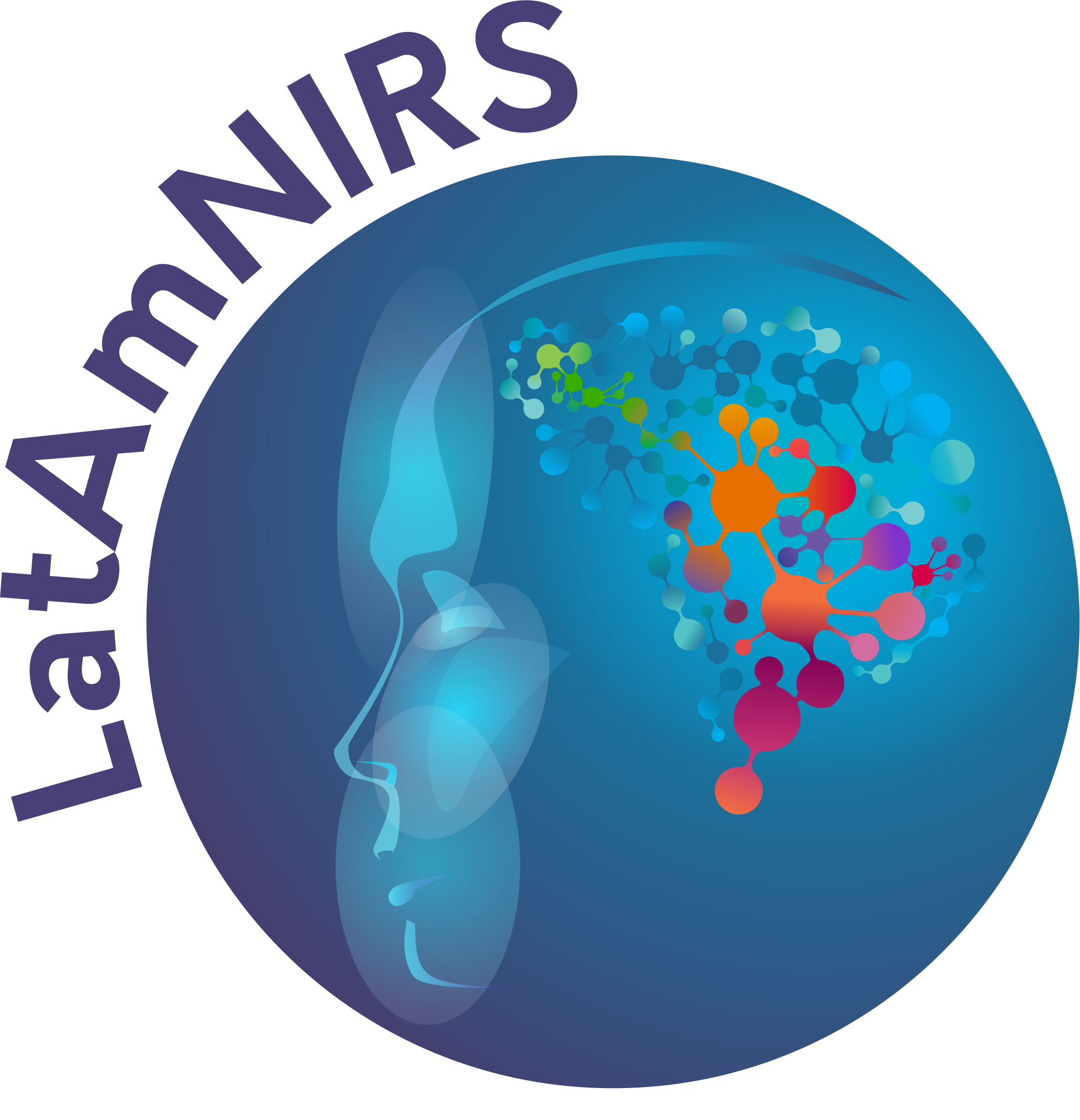Fourier Transform
Definition: The Fourier transform (FT) decomposes data into its spectral (frequency) components. Originally developed by Jean-Baptiste Fourier in his work of heat diffusion, the Fourier transform extends the Fourier series to yield a new coordinate basis in terms of sinusoidal functions (e.g., cosines) or analogously complex exponentials. There exists a large number of algorithms to estimate the Fourier transform with a variety of assumptions and differences, e.g. in the arranging of the specific frequencies at which the transform is truly calculated. In the current digital era, the family of algorithms known as fast Fourier transform or FFT (e.g. Cooely-Tukey algorithm and others) have become dominant due to their computational efficiency.The use of Fourier transform is pervasive, whether explicit or implicit, across almost every scientific realm and fNIRS is no exception. For instance, FT is at the core of most filter designs.
Alternative definition: Fast Fourier Transform (FFT) is an efficient algorithm that computes the Discrete Fourier Transform (DFT) of a sequence of data points. The DFT is a mathematical technique used to transform a time-domain signal into its frequency-domain representation, which can be used to analyze and manipulate the signal.
Synonym:
References: https://doi.org/10.1109/MSPEC.1967.5217220
Related terms: Fast Fourier Transform
